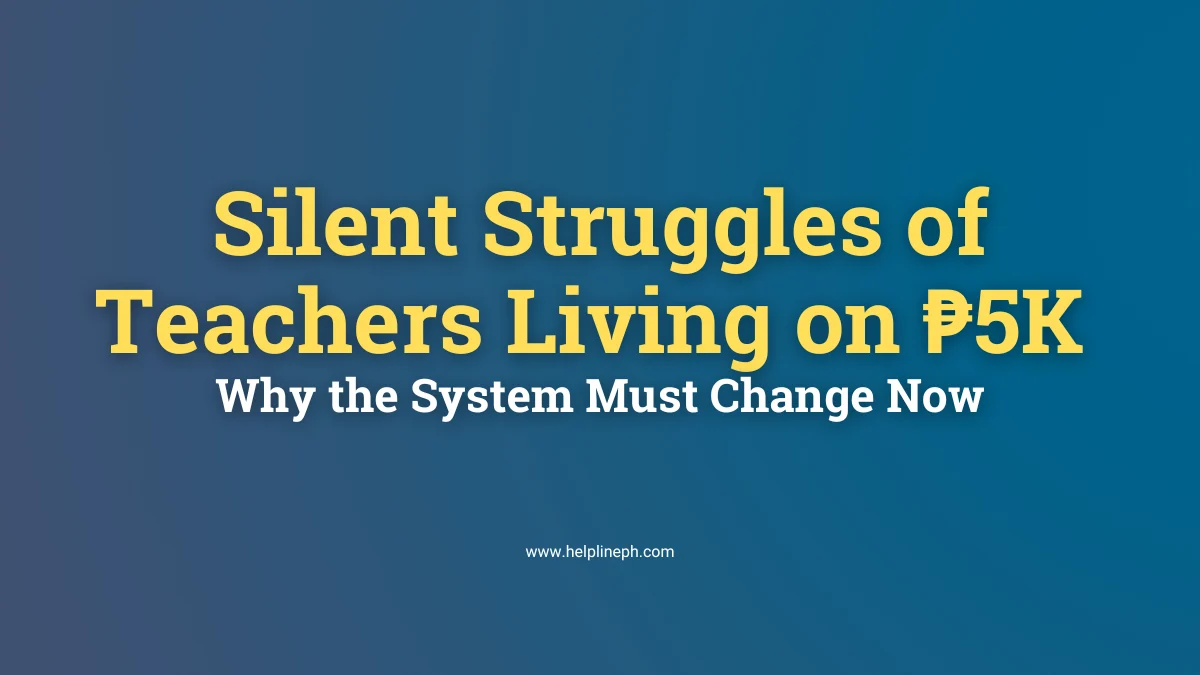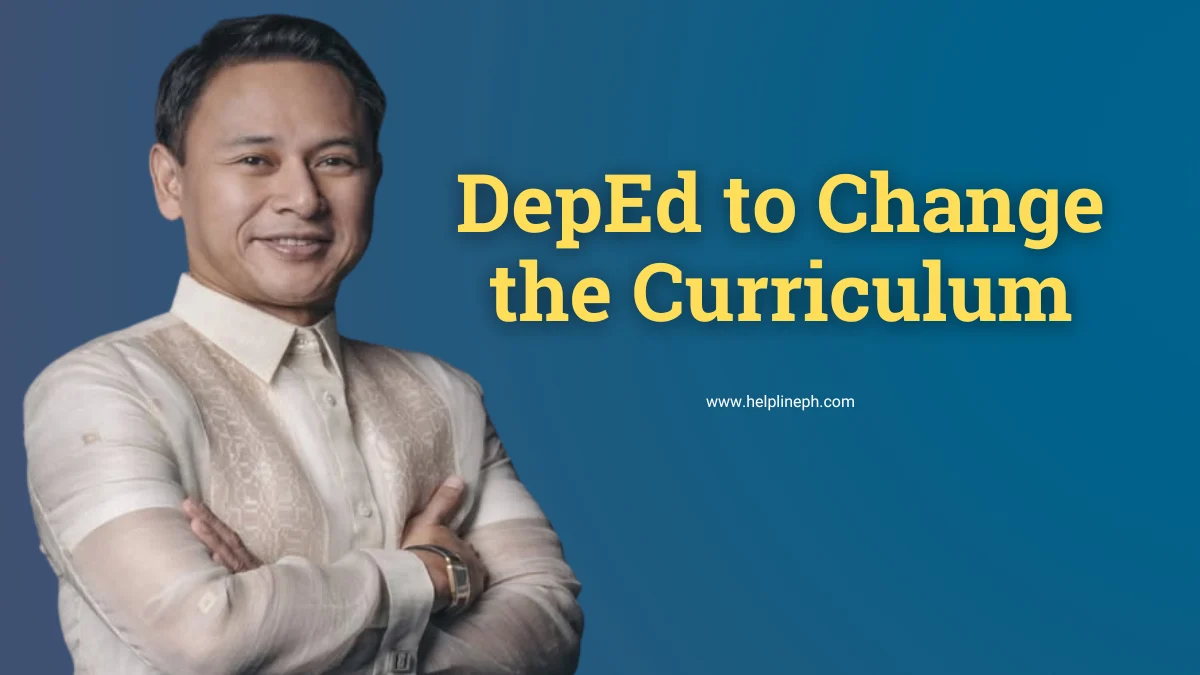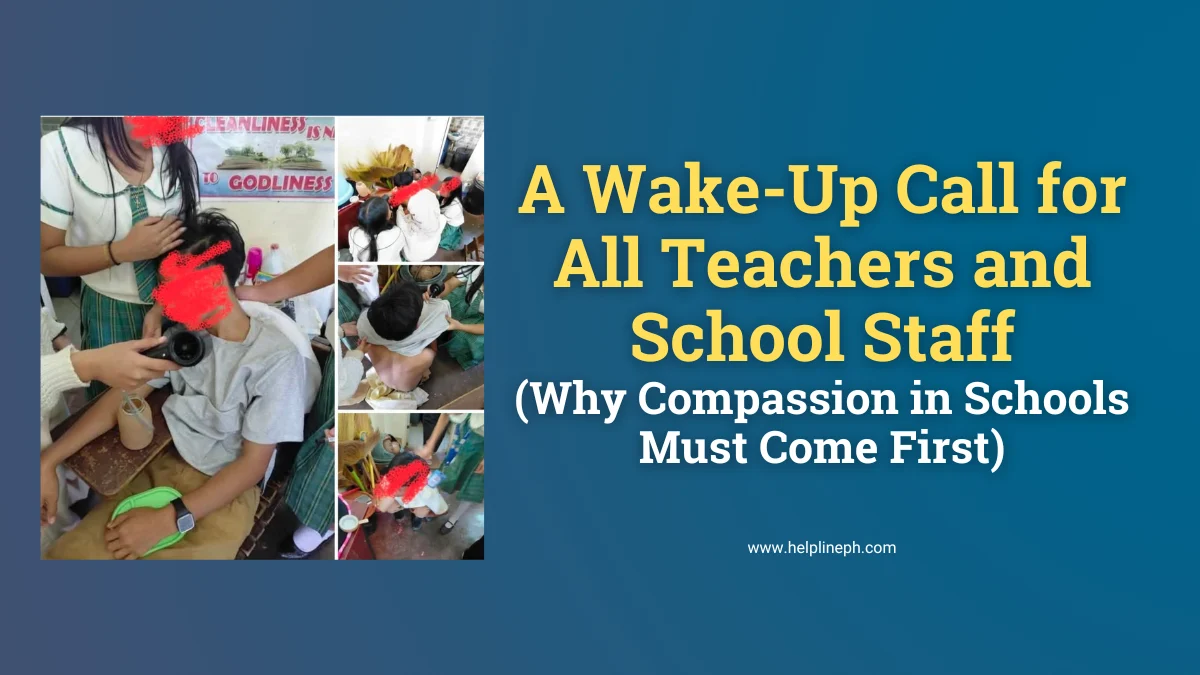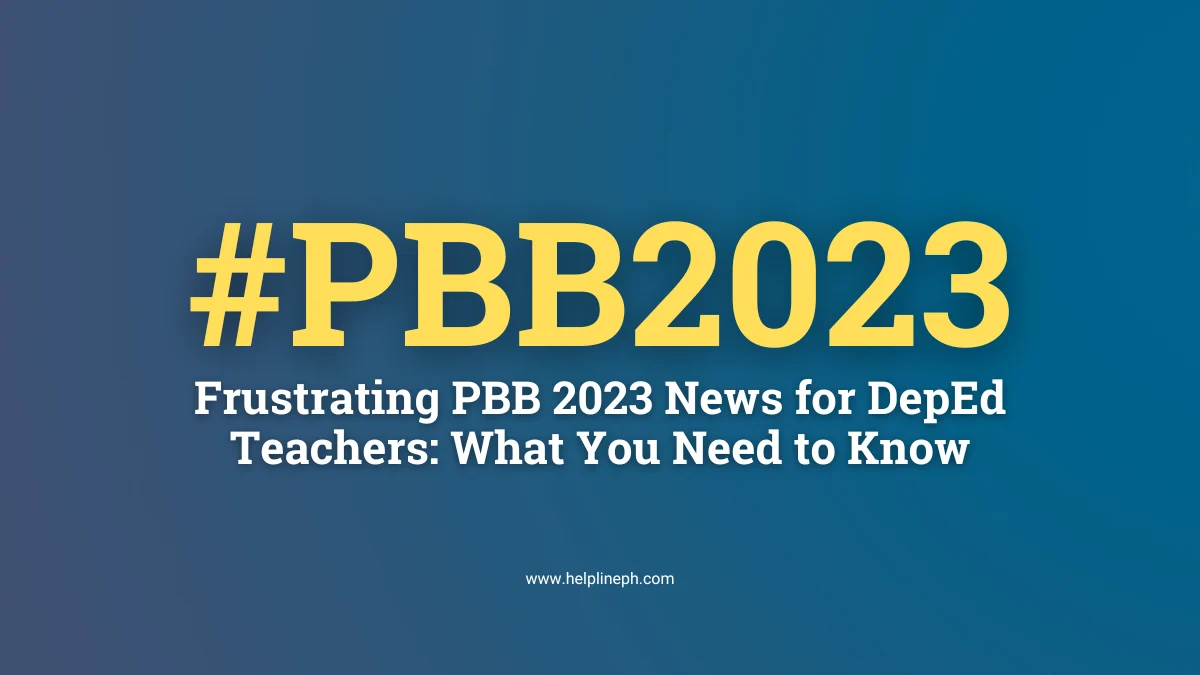Problem with the education system is not the teachers but the parents
Many people agree that education is essential, especially for young people. Teachers play a vital role in shaping the future, yet they often find themselves overworked and underpaid. Despite entering the profession with enthusiasm, many educators leave feeling disillusioned and burnt out, facing a range of challenges, including issues related to their interactions with students’ parents.
A retired teacher, Lisa Roberson, shared her perspective in a 2017 Augusta Chronicle article that continues to resonate with educators today. Roberson argues that the problem with the education system is not the teachers but the parents. She believes that many parents fail to prepare their children for learning, lacking in teaching basic manners, respect, and providing essential school supplies, often leaving teachers to fill these gaps from their own resources. Roberson points out that when assessing failing schools, one should consider parental involvement and student behavior as critical factors.
The dynamic between parents and teachers is complex, made even more so by recent challenges such as the pandemic, leading to increased parental involvement in education. This period also sparked debates on various educational policies. Despite these difficulties, both teachers and parents share the common goal of providing a solid education for children. This involves not only imparting knowledge but also ensuring students come to school ready to learn, which includes respecting classroom rules and completing assignments.
However, not all parents can be actively involved in their children’s education, and some may be too involved, potentially hindering their child’s ability to handle disappointment or frustration. The pandemic exacerbated these challenges, with many students falling behind and behavioral issues becoming more prevalent.
Experts like Scott A. Roth, PsyD, and Brandi David, MEd, emphasize the importance of adjusting to modern challenges, including addressing inequity, integrating technology, and focusing on life skills. Patricia A. Edwards, Ph.D., highlights ongoing educational reform efforts aimed at modernizing curriculums and moving away from standardized testing to better meet contemporary demands.
In conclusion, the relationship between parents and teachers is crucial for student success. Educators and parents must work together to support children’s learning, with an emphasis on establishing relationships that make students feel safe and cared for. As the educational landscape evolves, fostering positive parent-teacher dynamics will be key to overcoming challenges and ensuring that students receive the education they deserve. – Mark | Helpline PH






